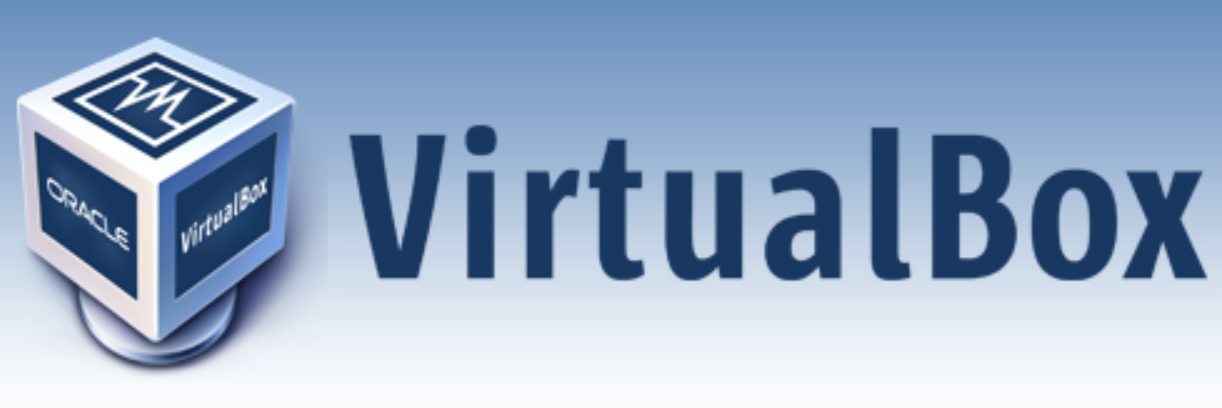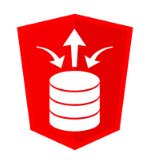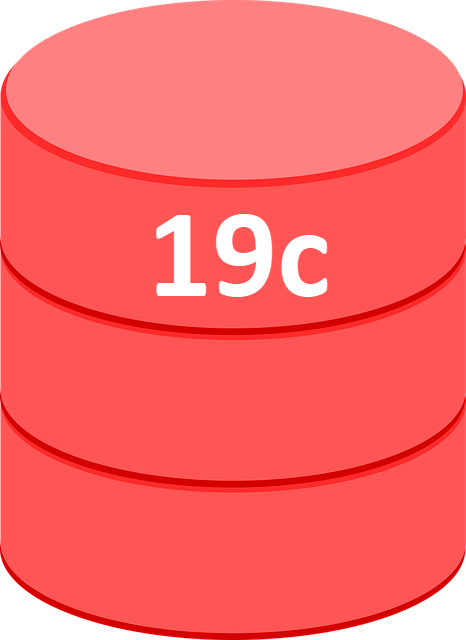
There is some strong language and emotion here, and remember it’s just my opinion. Don’t read if you are easily offended!
Something interesting crossed my inbox last night. There was an email thread amongst a bunch of presenters about a policy of pay to present at Collaborate this year. I have, and never will present at Collaborate, as Apps is not really my scene, but I think anyone accepting this policy is helping to set a dangerous precedent and I would encourage them not to go. I know funding user group events is problematic, but NO!
Collaborate already do something that I personally think is quite scummy, which is to make you pay $200 extra if you don’t stay in an official event hotel. They’ve done this for a while. This year they are going a step further. If you work for an Oracle partner that isn’t exhibiting at the event, you have to pay to go to the event, even though you are speaking. It’s a reduced rate of $299, but you still have to pay. You can’t present more than one session unless your organisation is a member.
People go to conferences to watch presentations and get advice from presenters. If the presenters weren’t there, there would be no event! We are the commodity they are selling and we don’t get paid to speak. Some lucky people like me get to claim some of our expenses back from evangelist programs, but even then we lose money. I buy back extra holiday from work. Those working in consultancies lose consultancy money. My first two conferences of this year are fully funded by me. If someone were to then tell me, in addition to all the other expenses I incur, I had to pay to go to the event my reply would be something to the tune of, “Shove it up your arse and f*ck off while you’re doing it!”
“But it only affects people working for partners!” Loads of presenters work for partners. Not all partners are giant corporations.
“But think of all the free advertising partners are getting!” Newsflash! Most companies would rather you were working and earning them money than poncing around at a tech conference. Most companies aren’t getting loads of new leads as a result of you presenting at a tech conference. I think people outside the conference circuit have quite a skewed view of what it really is. On numerous occasions I’ve spoken to people about this, and letting their technical staff present is less about company profile and making money, and more about staff development and keeping them happy so they don’t leave and go somewhere else. Good staff come at a price, and not all of it is about wages.
“Times are hard for user groups!” Making the speakers you are relying on to make your event successful pay to attend is a scumbag move.
“But you don’t even go to this conference!” True, but if people start to see this as a revenue stream for their conference, others will follow. I honestly believe this is the thin end of the wedge!
“Why should you get the whole conference experience for free?” I understand this for someone that maybe presents once a year. You could see this as a free learning experience. Having said that, if you present a lot it gets increasingly hard to find something you’ve not seen several times already. Added to that, many presenters are still working during the events. Meetings with existing customers, or just going back to the hotel to do your day job between presentation commitments. It’s not like one long party! 🙂 Update: Samuel Nitsche pointed out, even if you do one presentation a year, you still invest a lot of time to get ready for that, so you still deserve the free pass. I agree. As you say, at least for us we can use the same presentation multiple times, so the investment per event on preparation time is a little less.
“You’re a presenter. Of course you would say that!” I think most of my presenting days are behind me. What happens with user groups and the conference circuit is really of little concern to me personally, but how does this affect who comes next?
I know this might be hard for folks who see Collaborate as their main conference of the year, but I would suggest all speakers and attendees boycott this event unless they reverse this decision! It’s a slippery slope folks!
Just my opinion. You don’t have to agree!
Cheers
Tim…
Update : Some extra things coming out of the woodwork from private messages…
- Two other reports of different user groups suggesting a pay to present model, then backing down when confronted.
- Sponsor us, or you can’t present seems to be quite common.
- Some speakers being paid to speak at regular user group events. I have heard this before, but I’ve never been paid. *
- Some speakers getting travel expenses paid by the user group for regular user group events. I have been offered this a couple of times, but never taken it. One conference I go to pays the hotel bill for speakers, which is very welcome as I usually end up self funding that one. *
* I have no problem with a user group deciding to pay a speaker, or pay expenses, but I would be super-pissed if I had been asked to pay to present, then I found other speakers at the same event had been paid to be there. Screw that!
I’m telling you people. You’ve got to nip this thing in the bud!






